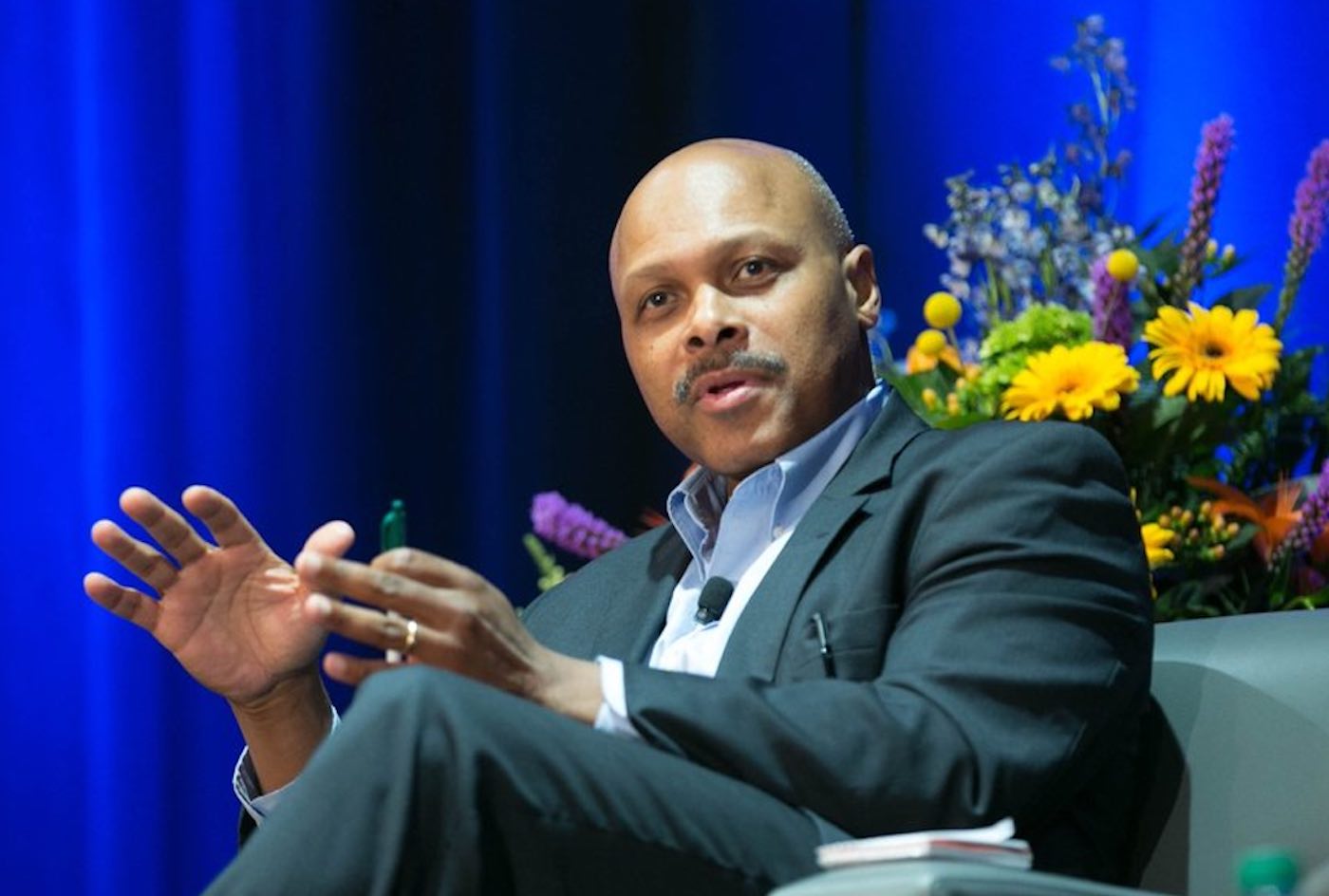ImpactAlpha, Aug. 14 – It’s been a busy summer for Maurice Jones. If community development financial institutions are an overnight sensation decades in the making, Jones and his Local Initiatives Support Corp., or LISC, are the belle of the ball.
In June and July alone, LISC landed a $60 million inclusive economic development partnership with Kaiser Permanente, a $25 million investment from Netflix to support Black-owned financial institutions, a $55 million grant from home improvement retailer Lowe’s to boost entrepreneurs of color and rural businesses, and a $40 million gift from MacKenzie Scott (formerly Bezos), its largest ever gift from an individual.
New York Governor Andrew Cuomo chose LISC to manage the state’s $100 million New York Forward Loan Fund, which provides working capital to small businesses and nonprofits reeling from the COVID shutdowns. The fund has disbursed some $3 million since June, mainly to minority- and women-owned businesses. The attention is gratifying, says Jones, who grew up on a tobacco farm in rural Virginia and went on to become a Rhodes Scholar.
It’s part of the plan. For decades, the work of CDFIs has been funded primarily by banks, as a way to fulfill their community lending obligations under the Community Reinvestment Act. When Jones took the helm of LISC four years ago after a career government, he found healthcare organizations looking to address jobs, shelter and other social determinants of health; tech giants grappling with an affordable housing crisis they helped create; and a sports world in the midst of a racial-justice awakening.
LISC, founded in 1979, with $10 million in seed funding from the Ford Foundation, has invested $22 billion in underserved communities. Its comprehensive community development work has made it the go-to partner for organizations looking to have a positive impact.
“We have seen Corporate America step up with us like never before,” says Jones, who grew up on a tobacco farm in rural Virginia and went on to be a Rhodes Scholar. If the commitment of long-term patient capital for underinvested communities becomes a new norm, “there is no question in my mind that we can collectively achieve much greater economic mobility,” he says. “But you can’t do it just for the summer of 2020. That is the real test.”











